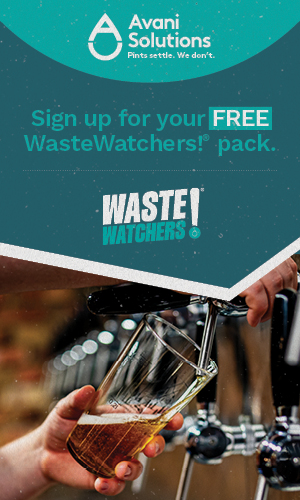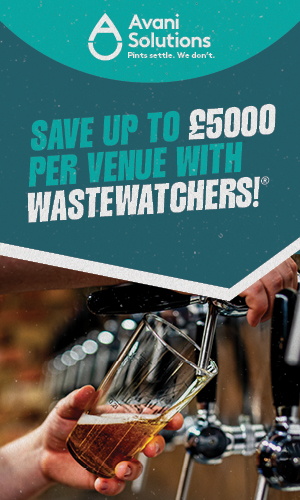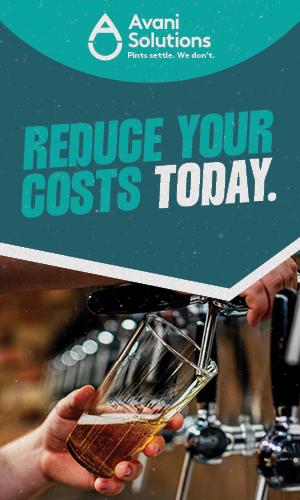Carbon labels will appear on the menus at Wembley Stadium during tomorrow night’s UEFA Champions League final.
The My Emissions carbon labels, which use an A-E rating system (A being low carbon and E being high carbon), will be displayed on menu boards at Wembley Stadium. All food trucks at the ‘Champions Festival’ sites open throughout the weekend in London will also use the labels.
An educational landing page hosted on Just Eat Takeaway.com will aim to educate fans about the environmental impact of food. My Emissions will also work closely with UEFA and Just Eat Takeaway.com to review the impact of the initiatives.
The appetite among foodservice companies to calculate the impacts of their dishes is currently strong – in particular because it offers chefs the power the change recipes and menus and reduce greenhouse gas emissions. The power of these labels to shift consumer behaviour is less clear.
A Footprint Intelligence report published in March 2023 highlighted some of the foodservice companies that are offering their chefs climate data so they can swap ingredients and reduce the impact of their recipes.
Sporting events including the Six Nations, the FA Cup Final and the Cheltenham Gold Cup have also this year been using Klimato data to provide fans with carbon footprint information about the food and drink they buy.
University College London (UCL), alongside its catering partner CH&CO, is trialling a new food carbon tracking app, designed by Reewild, that helps students manage their carbon impact.
Just Eat for Business has been piloting the use of carbon labels for meals delivered to its corporate clients. BaxterStorey has been rolling out Nutritics’ Foodprint carbon footprint labels; its sister business Benugo has had this labelling in place for some time already.
The likes of Compass and Ask Italian are using Foodsteps’ carbon scale on menus. ExCeL London and its catering partner Levy UK + Ireland also recently announced the introduction of carbon footprint information on the food served across 400 annual events.
Voluntary, industry-led schemes may be snowballing but Sodexo’s recent survey of 2,278 UK adults showed 60% do not recall ever having seen carbon labelling on food products or menus. One in five (20%) said they seek out places with carbon labels.
The chances of a mandatory, unified eco-labelling scheme for the UK are slim. The government “has no plans at present to introduce a mandatory eco-label, nor to endorse an existing or new eco-labelling scheme”, reads a recent update by the Food Data Transparency Partnership.
With so many schemes and approaches, the landscape for climate data collection and its disclosure is currently “confusing” FDTP said. These are all “competing for attention and a lack of coordinated work to supply the data demanded across the agri-food sector”.








